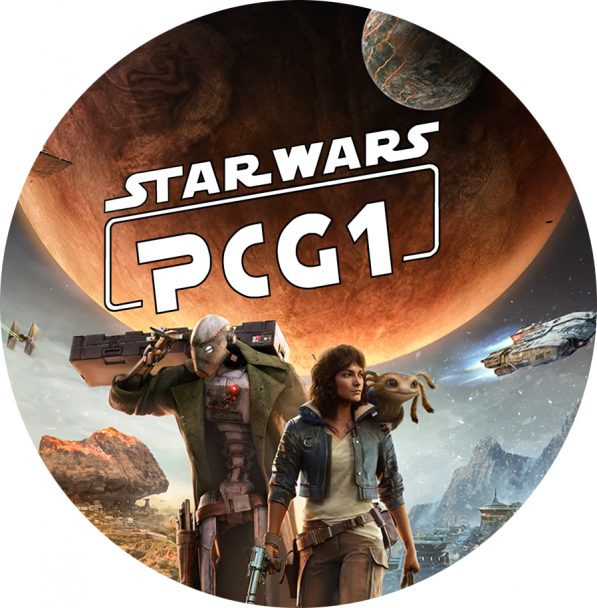Microsoft (NASDAQ:MSFT) recently released a preview of the Windows 10 update it plans to launch in October. The company claims that the new version will be “fully compatible with all major Tencent (NASDAQOTH:TCEHY) games.”
This update matters a lot to both companies, since many of Tencent’s top games are mobile titles that only run on iOS and Android devices. Microsoft’s Windows is the dominant OS for PC gaming, but it’s been left out of the higher-growth mobile gaming market. But just how will Microsoft make Windows 10 “compatible” with Tencent’s top games?


Image source: Getty Images.
The relationship between Tencent and Microsoft
Tencent and Microsoft have frequently worked together over the past four years. In 2014, Tencent and Lenovo helped Microsoft provide Windows XP support for Chinese users. Then in 2015 Microsoft launched its free Windows 10 upgrades on Tencent’s Computer Manager application for PCs.
In 2016, Tencent launched a Windows 10 gaming console, the Tencent TGP Box, for its first-party and licensed PC games. Tencent also ported its QQ messaging app to Windows 10 Mobile devices, but eventually abandoned the platform. That same year, Tencent integrated Microsoft Office into its own cloud storage app, Weiyun, for editing documents.
Last year Tencent developed a platform called the “Game Cloud Solution” on Microsoft Service Fabric, the same technology that powers Azure. The platform allowed developers to run certain assets in their games in the cloud to reduce the size of game installations and the strain on local hardware. We previously saw Microsoft deploy a similar technology in demos of its upcoming title Crackdown 3.


League of Legends. Image source: Riot Games.
Why Tencent needs Microsoft
Tencent’s biggest PC game is League of Legends, which remains a top esports title but is showing its age nearly nine years after its launch. Another popular title is Dungeon Fighter Online, a licensed Korean title that launched in China more than a decade ago. Tencent also owns a 40% stake in Fortnite publisher Epic Games, and a significant stake in PUBG publisher Bluehole.
But last quarter, Tencent’s PC gaming revenues fell 5% annually and 8% sequentially to 12.9 billion RMB ($1.88 billion), or 18% of its total revenue. It blamed those declines on gamers switching over to mobile devices and a lack of big PC hits.
It also hasn’t obtained approval to launch the PC versions of PUBG or Fortnite in China, which could have significantly boosted the unit’s revenues. The business also suffered a major setback in August when Chinese regulators blocked the hit Japanese PC game Monster Hunter: World a week after its launch of Tencent’s WeGame platform.
Tencent’s smartphone gaming revenues rose 19% annually to 17.6 billion ($2.57 billion) last quarter, or 24% of its top line, thanks to the strength of older games like Arena of Valor and QQ Speed. However, that marked a 19% decline from the previous quarter thanks to the government barring micro-transactions on PUBG Mobile. Time limits for daily mobile gaming for minors, which Tencent implemented to appease regulators, exacerbated the decline.


PUBG Mobile. Image source: Bluehole.
To counter the Chinese government’s fixation with mobile games, Tencent is quietly blurring the line between mobile and PC games. It recently launched Tencent Gaming Buddy, an Android emulator that runs PUBG Mobile on Windows PCs. Gamers can also run its other hit titles, like Arena of Valor, on third-party Android emulators for Windows. That process would become much easier once Microsoft offers native support for Tencent’s mobile games in Windows 10.
But how would that work?
It might seem odd that Microsoft could add support for Android games in a regular OS update, but it isn’t surprising. Prior to Windows 10’s launch, Microsoft was already reportedly developing methods to emulate Android apps in Windows. Other companies also offer simple conversion tools for converting Android apps into Windows ones.
Therefore, the barriers preventing the conversion of an Android game into a Windows one are practically non-existent, especially if a developer helps optimize the game. If Tencent launches its hit mobile games on Windows 10 PCs, it could gain more gamers and avoid the scrutiny of regulators. Meanwhile, Microsoft could finally gain access to popular mobile games, which could lock in more casual gamers on PCs.

